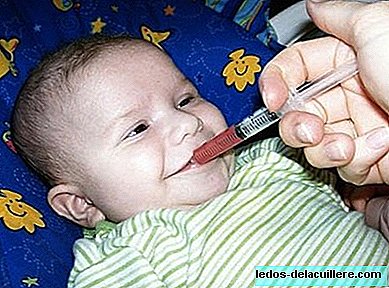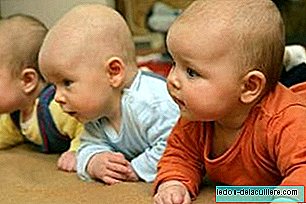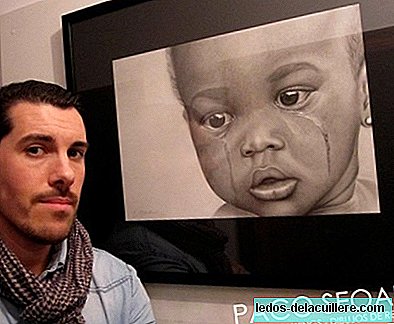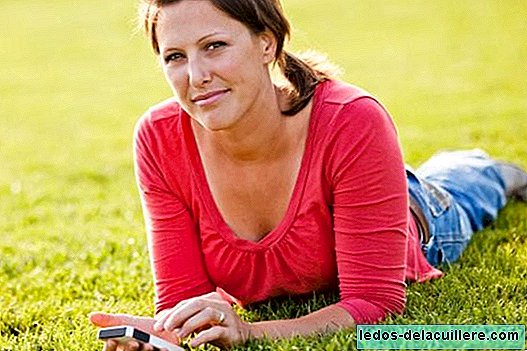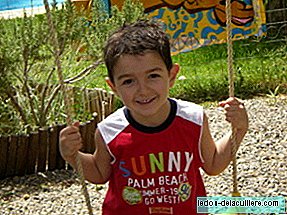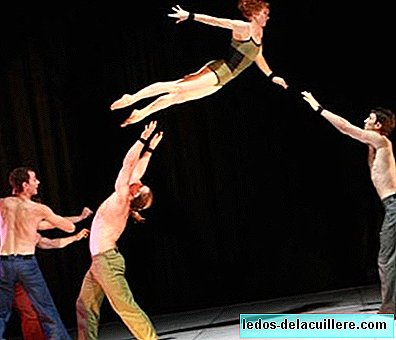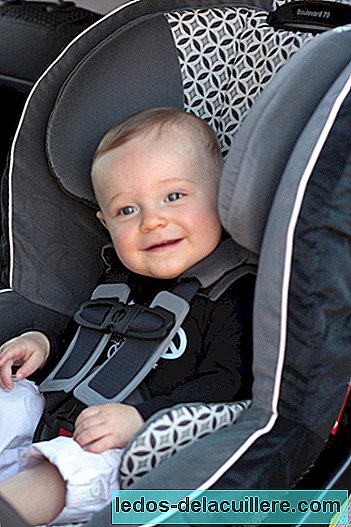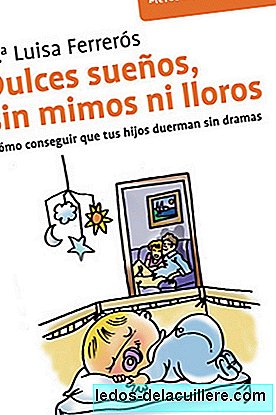
If someone tells you that they are doing a method for their children to sleep well, surely you immediately think of the well-known as criticized Estivill method (copy of the Ferber method), because it is the most used. However, it is not the only one. A while ago I told you about Tracy Hogg's method of sleeping and a few days ago I discovered the existence of Ferrerós method.
The Ferrerós method is called that because it is the invention of the psychologist Mª Luisa Ferrerós, whose method does not only focus on sleeping but also covers many other areas of education and parenting. The part of the method that the author dedicates to the dream is collected in a book called “Sweet dreams, without pampering or crying”.
As I explained to you what the Tracy Hogg method is based on in its day and as I have spoken several times about the Estivill method, I have also decided to analyze the Ferrerós method to give my vision as a nurse, but above all as a father (or perhaps vice versa) .
For this I bought a copy of the book that will come to me in a few days. Once read, I will analyze the method and explain my conclusions about it. Then I will go with the book to the bookshelf where I have the books of "the children" and decide whether to place it near those of Rosa Jové, Carlos González and Jesper Juul, among others, or whether to place it next to the books of Estivill.
At the moment I just want to comment on the first impressions that the book gives me. Talking about method already puts me on the defensive, because sleeping is something that babies already do in the belly, so when someone says they have a method for babies to sleep they are saying that going to try to do something that children don't do.
If the children already know how to sleep, despite waking it up often and despite falling asleep normally being rocked or cradled, I get the feeling that the Ferrerós method will try to get the children to sleep longer without waking up or that they sleep without need of help from parents. It remains to be seen if all this is achieved without crying, as the title promises.
On the other hand, when looking for information about the book, I could read a phrase that seems to justify the future of the book that says:
Sleep is a physiological activity, but that is learned as a habit.
If you analyze it a bit, you will possibly reach the same conclusion as me: it is incongruous. Something that is physiological is something that is part of the function of human beings. That is, "the dream is physiological" means that sleep is something inherent in the human being, who will do it yes or yes. Physiological is swallowing, digestion, walking, etc. They are things that you don't need someone to teach you because you are going to do them equally. So why is sleep learned as a habit? A habit is something that you choose to always do the same because you think that you are doing better this way, but that you can change it if at some point you see another better way to do it.
In this sense, I would have liked something more like “sleep is a physiological activity, children will sleep like us adults sooner or later, because it is a matter of time and maturation. However, while that time comes, we can try some routines that could help children fall asleep. ”
I speak conditionally and of course, so I would sell few books, but the routines may work or not because everything depends on what you want to achieve. It is not the same a routine based on a massage to the child, dim light, a story and kisses before bedtime, when the child begins to be sleepy, let's say at nine o'clock at night, that the same routine at seven thirty the afternoon, when, without sleep, we will only get fail and despair.
Anyway, I do not say more because I read the book anyway and it turns out that it really provides good ideas for children to sleep without tears. Until he talks about the book again, if someone has read it and wants to offer his impression that he comments on the entry, we will know it from several points of view.



